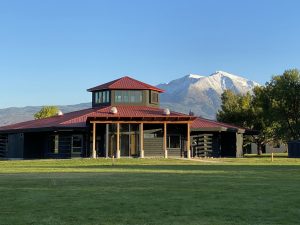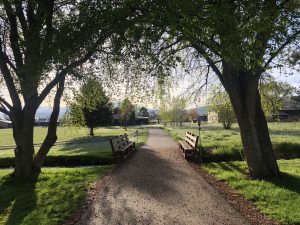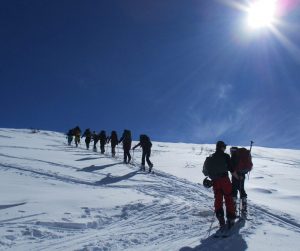AP Courses
While we believe the CRMS curriculum offers depth and breadth on its own, there are certain AP courses that fit in well to our program and challenge select students with college-level work.
In addition to the courses listed below, students regularly prepare for AP tests in additional subject areas such as Spanish and Photography.
This course is designed to provide students with the analytical skills and factual knowledge necessary to deal critically with the problems and materials in U.S. History. Students will learn to assess historical materials – their relevance to a given interpretive problem, their reliability, and their importance – and to weigh the evidence and interpretations presented in historical scholarship. AP U.S. History will thus develop in students the skills necessary to arrive at conclusions based on an informed judgment and to present reasons and evidence clearly and persuasively in essay format. The teacher will contact you regarding the required summer reading. Students enrolled in AP U.S. History are required to take the AP exam in May. Summer and Winter Break work required.
 MYCRMS
MYCRMS





 Virtual Tour
Virtual Tour